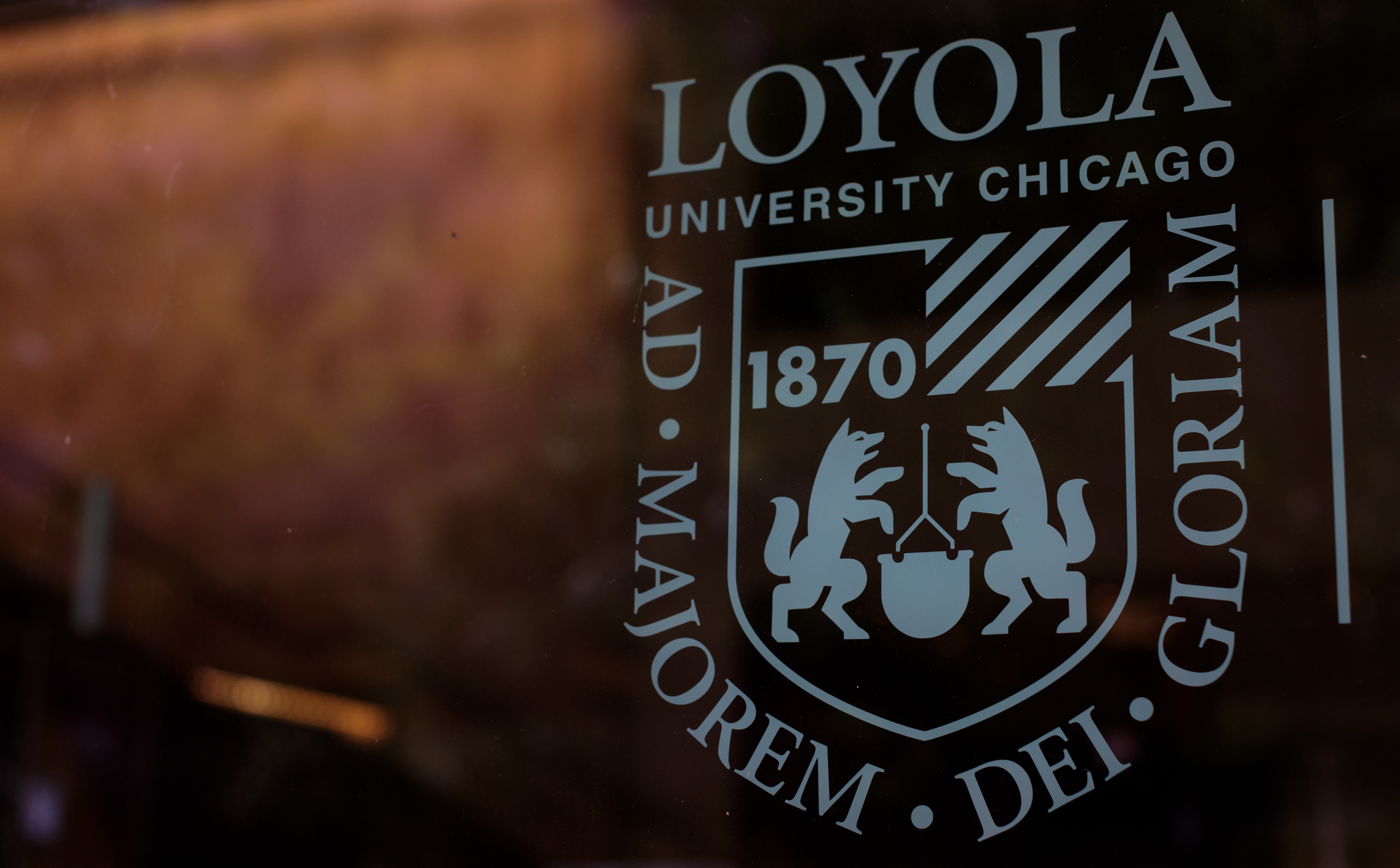archive
SSW Faculty Contribute to Goal of Ending Gender-Based Violence

On May 25, the White House released a plan to end gender-based violence. The comprehensive plan directly addresses issues of sexual violence, intimate partner violence, and stalking among other forms of gender-based violence.
Loyola School of Social Work faculty have also worked tirelessly to develop tools and advocate for victims of gender-based violence.
Assistant Professor Abha Rai, Ph.D., Professor Susan Grossman, Ph.D., and Assistant Professor Nathan Perkins, Ph.D. have created an online intervention resource called B.R.A.K.E. the Cycle, designed to inform the South Asian community about the nature of gender-based violence and how bystanders can intervene.
“Domestic violence is a taboo topic within the South Asian community. Because of this taboo, it is difficult for survivors both male and female to seek help; hence friends and family whom survivors can often turn to must be adequately trained to support survivors,” Rai said. “I saw this notion about help-seeking in my dissertation, hence decided to develop B.R.A.K.E. The Cycle and invited my two colleagues, Nathan H. Perkins and Susan F. Grossman to support this effort.”
Grossman said she is hopeful that B.R.A.K.E. The Cycle’s success could lead to similar models that could be applied to other communities.
“I wanted to be part of this effort because of the innovative way in which education about intervention was provided through the website and the potential for a model like this to be used in many other racial and ethnic communities that are often overlooked in intervention strategies,” Grossman said.
Perkins called the model a great example of how research can lead to positive outcomes after application.
“Educational interventions aimed directly at diverse populations are warranted to address all types of gender-based violence,” he said. “B.R.A.K.E. The Cycle is an intervention that has the capacity to help individuals in the South Asian community learn about bystander intervention with the hopes that the knowledge gained can help others in the community experiencing domestic violence. This intervention has the potential to help those to help others, which resonates with how I view research and the benefits of research to communities.”
Rai has also developed Scale to Measure In-Law Exploitation and Abuse (SMILE), the first culturally-responsive instrument to measure in-law abuse among South Asians. She and Perkins are currently working a validation study to examine the prevalence of in-law abuse across diverse immigrant communities. Their study is the first one to examine in-law abuse among male and female immigrants.
Rai is also making an impact at the municipal level, serving on the Gender-Based Violence Research and Advisory Group, a subset of the Gender-Based Violence Task Force. That Research Advisory Group is working on making Chicago the second city after New York to undertake the UN Women Safe Cities and Safe Public Spaces Project. Additionally, the Research Advisory Group is helping the city with the implementation of the Citywide Strategic Plan to Address Gender-Based Violence and Human Trafficking.

